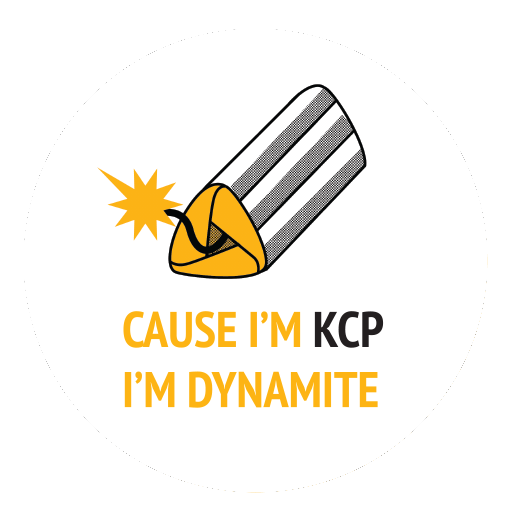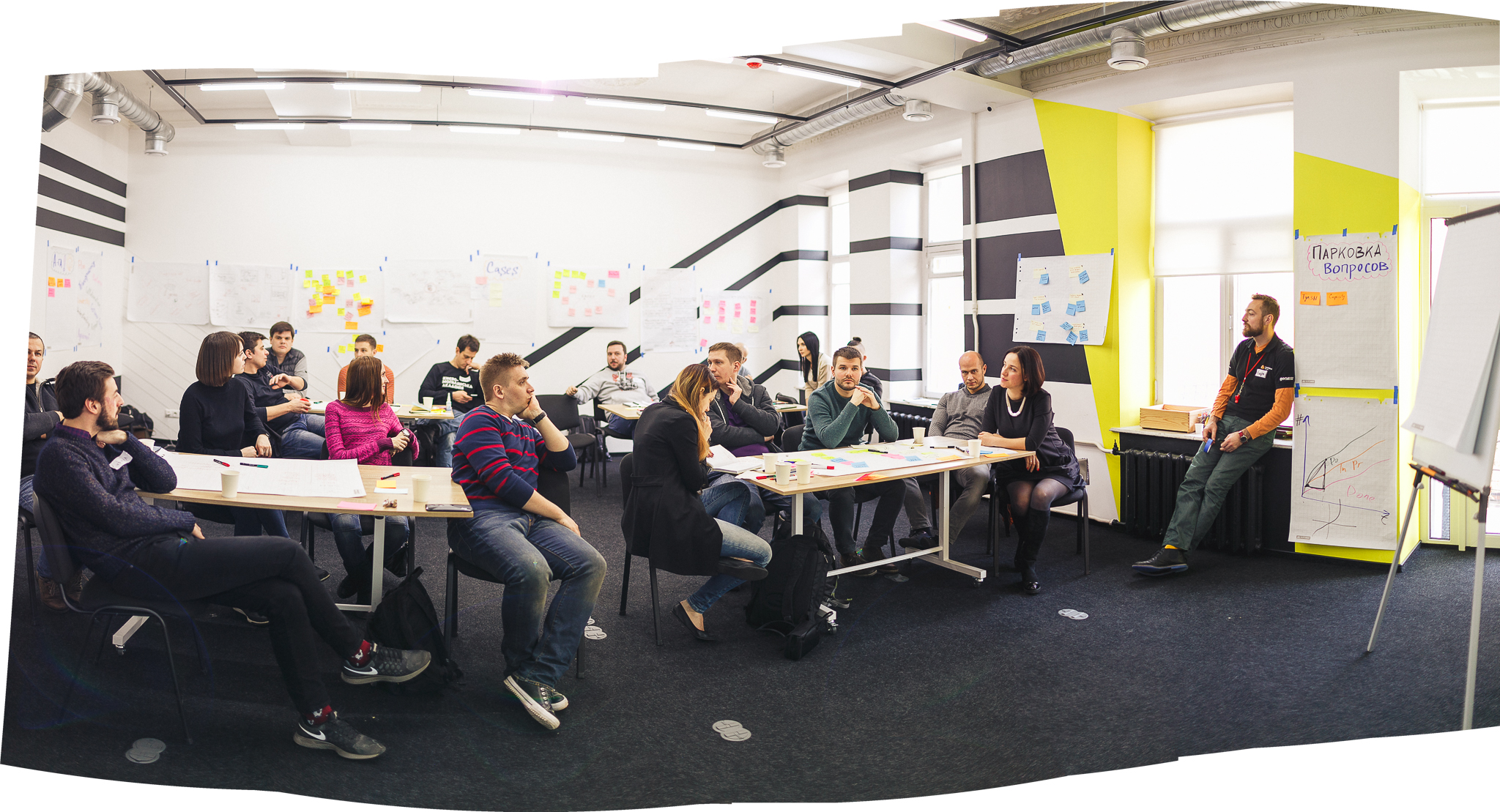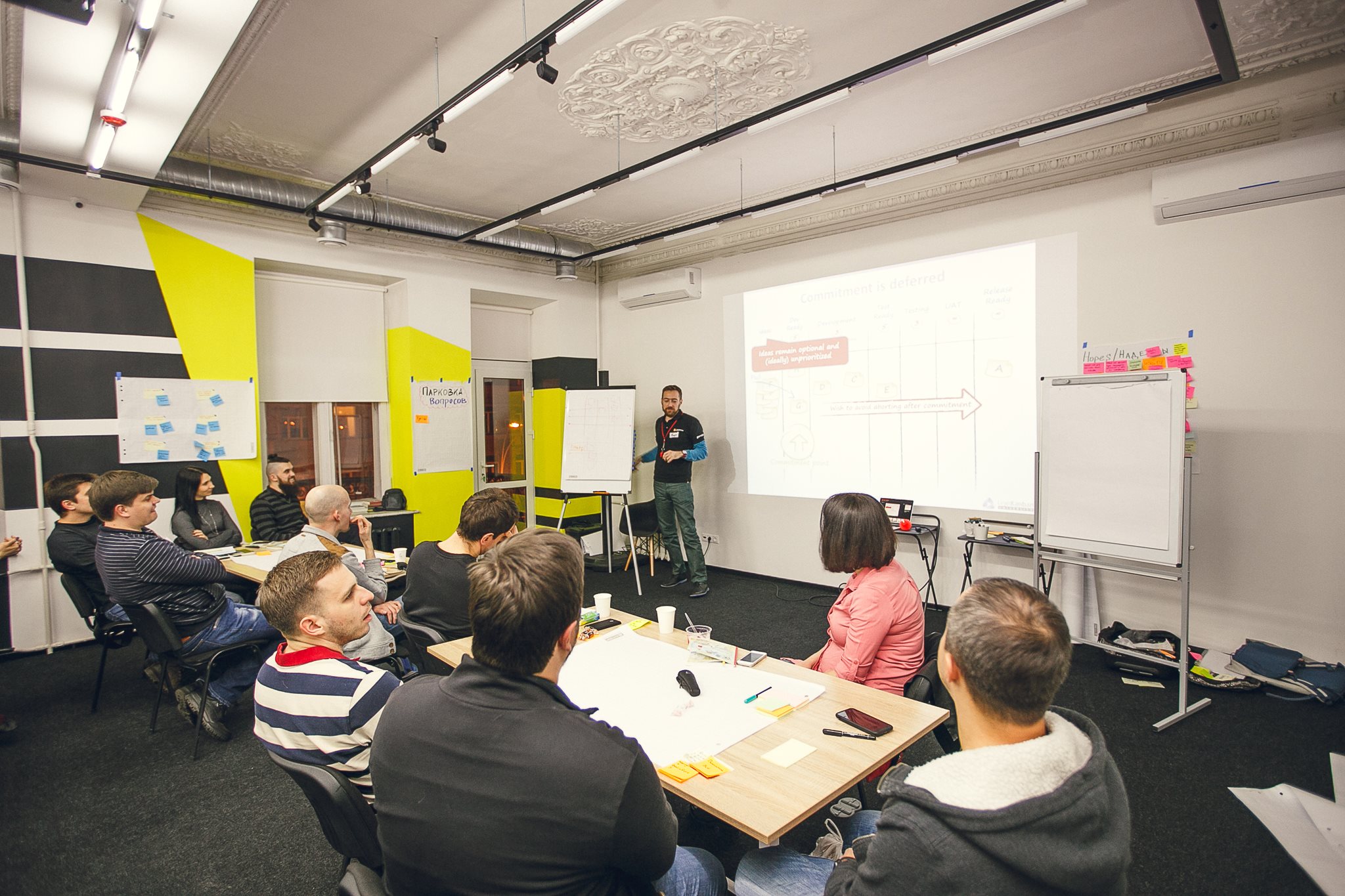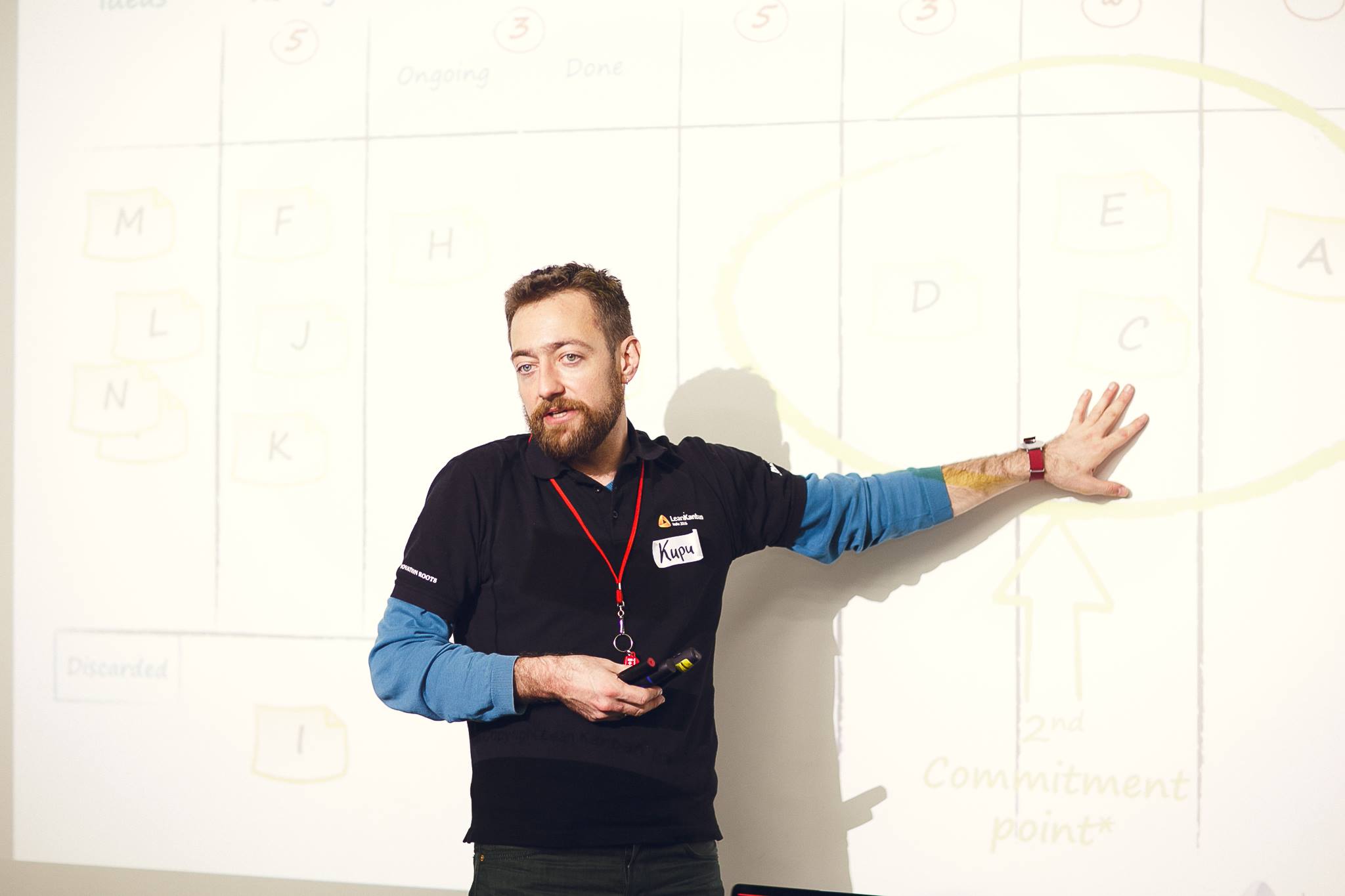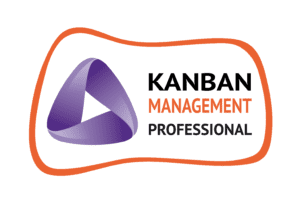 We invite you to the training course "Kanban Systems Improvement" (also known as Kanban Management Professional 2 or KMP2). This class includes the necessary amount of information to boost your Kanban implementation. My metaphor for this class is that it provides students with additional lego blocks for building and implementing your Kanban system. This course is the official training class of Kanban University, founded by David Anderson – author of the Kanban method. All participants will receive an official internationally recognized certificate of attendance from Kanban University as well as a "Kanban Management Professional" credential.
We invite you to the training course "Kanban Systems Improvement" (also known as Kanban Management Professional 2 or KMP2). This class includes the necessary amount of information to boost your Kanban implementation. My metaphor for this class is that it provides students with additional lego blocks for building and implementing your Kanban system. This course is the official training class of Kanban University, founded by David Anderson – author of the Kanban method. All participants will receive an official internationally recognized certificate of attendance from Kanban University as well as a "Kanban Management Professional" credential.
Target Audience
As this class is a “next step” in the Kanban learning roadmap and uses concepts taught in the previous course (like the STATIK approach) this is required that all visitors had previously visited KU class “Kanban System Design” or KMP1.
Knowledge obtained over the 2 courses is enough to build the system of value delivery based on the Kanban method in your organization. For this reason, participants receive Kanban Management Professional status from Kanban University.
Training is particularly suitable for those who:
- wants to understand deeper concepts behind the Kanban method;
- are going to implement Kanban in their work environment and are going to deal with potential resistance;
- work more on the "Discovery" side, rather than the "Delivery" side, and wants to understand more about product management in Kanban.
Besides that, training helps synchronize the understanding of Kanban for all participants and introduces a common "language" of terms – equally understand the terms, practices, and, most importantly, the purpose of process improvement using Kanban systems.
The format of the ONLINE training
The training course program is expanded by preliminary self-training and "homework." This allows the most efficient use of time in the training sessions for discussions, and individual and group exercises.
This training incorporates many concepts of "training from the back of the room", in which the participants say and do more than the instructor: short blocks of theory alternate with practice and exercises. The program may include simulations of the kanban system in a safe environment where all participants will be able to experience some of the aspects of the kanban system.
The course is delivered ONLINE via a series of modules of 3-4 hours duration each. The two most popular delivery schedules are listed below.
OPTION #1
Week 1
Monday: Module 1
Wednesday: Module 2
Friday: Module 3
Week 2
Monday: Module 4
Wednesday: Module 5
Friday: Module 6
OPTION #2
Week 1
Monday: Module 1
Tuesday: Module 2
Wednesday: Module 3
Thursday: Module 4
Friday: Module 5
Modules could be held in the first or second half of the day, depending on your preference (and availability, of course). Other schedule formats (than those listed above) are available upon request.
Old fashioned offline (classroom) delivery (2-day class) is possible depending on the epidemiologic situation, regulations, and travel logistics.
Few photos from one of the previous classes:
Program
- Review of Kanban method
- Mini-testing (audit) of your Kanban system
- Overcoming resistance to change and the Kanban method as a change driver
- Proto-kanban (predecessor of full implementation of kanban)
- Personal Kanban
- Aggregated Personal Kanban
- Team Kanban
- Per person WIP limit
- Aggregated Team Kanban
- In-depth understanding of Kanban systems
- Feedback Loops in Kanban systems
- Scaling Kanban
- Commitment points and replenishment
- Meetings in Kanban
- Kanban meeting (daily meeting)
- Replenishment
- Delivery Review
- Operations review
- Risk Review
- Upstream and Discovery Kanban
- Roles in Kanban:
- Service Request Manager
- Service Delivery Manager
- Models to identify improvement opportunities
- In-depth understanding of lead time distribution and sources of delays
- Sources of variability
- Managing bottlenecks
- Change management
Participants will learn to
- Plan roll-out of more advanced and complex Kanban systems
- Scale Kanban across an organization
- Learn to use Kanban on a product management side and client side
- Understand better emotional resistance to change and plan implementation considering it
- Understand systems of feedback loops and meeting supporting it
-
Training reviews
Alexey Balykov Project Manager“I can definitely recommend Kirill as an Agile Coach and a professional Trainer. Two classes on Kanban were extremely useful, full of insights, and calls to action. The question-driven approach used by Kirill helps to fully recognize the material, reflect on it, and define the appropriate next steps. There were many deep topics, which required much attention and system thinking. It was a pleasure to spend 4 days at Kirill’s classes, and I found them hands-on and valuable.
Kirill’s classes are worth attending, and I am happy for the opportunity to attend them. Many thanks, Kirill!” -
Training reviews
Yuri Talyzin Project Manager“About KMP training (Kanban System Design, Kanban Management Professional Classes, 4 days). That was most useful training which I attended. High density program, high utility, many tasty features, the highest professionalism of the training, precise and detailed answers to the questions. The training exceeded my expectations although it happens very seldom.
Organization of the event (coffee, lunches etc.) was also nice. I haven’t regretted about any hour spent. This is the course that has really brought tangible benefit. Thank you, Kirill!”
-
Training reviews
Sergey Prodanov Agile Project Manager“I was lucky to attend a Kanban Management Professional courses where Kirill was a coach. That was a perfect combination of intense training course and very experienced coach.
Kirill can answer any question with practical example and detailed explanation. Also Kirill has unique ability to create an informal atmosphere explaining such a difficult and complex topics as analytics and metrics. That allowed me to absorb all that information in very easy and fast way.
I can definitely recommend Kirill as Agile and Kanban coach.”
-
Training reviews
Kate Sushkova ScrumMaster“I attended 2 classes Kirill leaded - KMP I and KMP II.
I definitely recommend those classes and Kirill personally as a coach.
Kirill takes a scientific approach when describing concepts, he does this through real coaching, asking lots of questions. I would also note he is a highly educated and experienced person, there were no question we didn't get a wise answer for. From now I am interested in other classes he is going to lead, not just kanban.” -
Training reviews
Sergiy Ivashyn Analyst, Facilitator, Scientist“I'm always excited to take a class from Kirill. He trains in a very uncommon way, stimulating to think, produce insights and work closely with fellow trainees to derive solutions.
Every class from Kirill I've attended so far has contributed significantly to the way I think about professional challenges and personal life.”
What do you get out of the training
- High-quality training from the leading education provider in the Kanban space
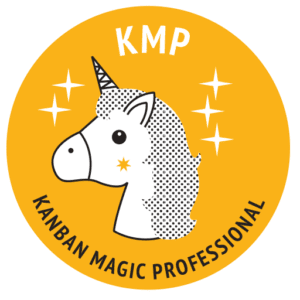
- Training materials
- Certificate of completion from the Kanban University
- "Kanban Management Professional" credential from the Kanban University
- 16 SEU (Scrum education unit) for your CSP certification from Scrum Alliance
- 16 PDU for PMI members (that could be used for prolongation of PMP and PMI-ACP certifications)
- Ability and knowledge to change your organization
- After the class support: 10 nano-coaching sessions (10 minutes per session) to address challenges associated with the implementation of the Kanban method
Scheduled open classes
Order in-house
You can order this (and any other) training class optimized for your organization and held at your premises.
